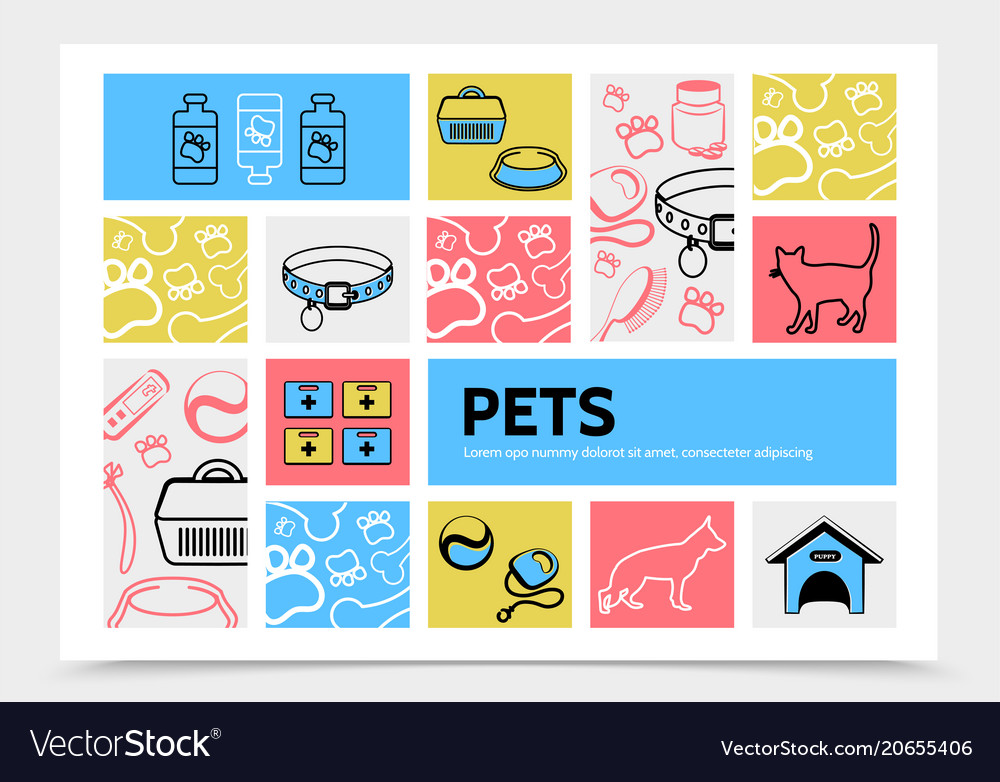A canine daycare examination is a crucial process for both dogs and pet moms and dads. It supplies a method for day care personnel to understand a dog's personality and social abilities. It also aids protect against hostile habits from occurring in between pet dogs or between animals and humans.
Correctly performing a daycare assessment can assist protect against behavior issues such as barking, lifting, and pet dog battles. Stay clear of using severe training techniques such as spray containers and digital collars.
1. Intake Paperwork
Depending upon your kind of organization (training, daycare, grooming etc) an animal intake type will certainly collect important information from animal parents before they leave their pet dog. This can consist of case history, actions and nutritional demands.
It's additionally a good idea to have employee devoted to doing character examinations to make sure that uniformity is kept and every person gets on the very same web page concerning analysis criteria and outcomes. Gingr's pet business software can aid make this procedure extra reliable by permitting team to conveniently check out personality examination notes and outcomes when checking out family pet accounts, progress report or appointment demands.
Establish a formal acceptance plan that plainly details your evaluation process, the behavioral and temperament traits needed for childcare and features that invalidate pet dogs from your center. This can assist make sure that all pets have a favorable experience at your childcare and are not revealed to unneeded threats.
2. Leash Stroll
A dog childcare evaluation can be a little intimidating for both animals and family pet parents. This is a new atmosphere that can be full of strange views, appears, and various other pet dogs.
To reduce their nerves, it is a great concept to take the pet dog for a walk around prior to beginning the personality examination. This can offer the puppy a possibility to become acquainted with their surroundings prior to they are divided from their proprietors.
This will also permit the day care team to examine the canine's walking capacities. If they are drawing or adding tension, enhance them for strolling without doing these habits. Consider making use of a head collar to stop drawing, smelling, and scavenging during walks. If the dog can not regulate themselves on a chain, it is unlikely that they will have the ability to operate in high diversion atmospheres in your daycare.
3. Social Communication
Pet dogs need regular social communication with other dogs to lower boredom-induced habits such as hostility, leash drawing, and stress and anxiety. Doggy childcare uses this socialization and even more in a setting that is risk-free, organized, and overseen.
A temperament test aids personnel figure out a pet dog's character, power degree, and social skills in order to position them in the most appropriate team. For example, a reluctant canine will certainly refrain from doing well playing with brawler, energetic pets. Grouping dogs of comparable personalities can decrease the risk of misconceptions and disputes.
Evaluating need to dog boarding near me be carried out in a calm, regulated way making use of positive reinforcement and no pressure or fear. Spray containers, electronic collars, and scruff drinking are all methods that develop tension for both the pets being evaluated and their trainers.
4. Object Play
Numerous pet dog parents are reluctant to leave their dogs for day care, especially with worries about behavior issues. This is why some pet dog daycares offer a 15 minute analysis with the owner existing to evaluate their dog's behavior.
This analysis includes a brief leash go through the childcare facility and monitoring of the canine's response to both seen and unseen stimulations. It's important that the pet dog is not overly nervous or fearful as these are indications of an inappropriate character for a team setting.
Observe exactly how the dog communicates with playthings and other items, and their play design. Ideally, day care teams canines by character to make sure that energetic, lively dogs are with other energised dogs while shyer, more scheduled dogs are with other comparable pets.
5. Behavioral Test
Pets who play rough are not constantly suited group day care. If they do not have the power to stay on top of various other dogs, they can swiftly come to be overstimulated and aggressive - potentially hurting the various other pups in your care. By checking a pet's temperament and socialization throughout an analysis, you can identify these canines and stay clear of dangerous situations for all included.
When performing an evaluation, remember to be constant and reasonable with your approval policies. Refrain from utilizing punishment-based methods throughout the test (like spray bottles, electronic collars, or scruff trembling) which might create stress in the canine and minimize finding out capacity. By following these best methods, you can make sure that each pet dog passes their temperament test and is a good fit for your day care setting.
